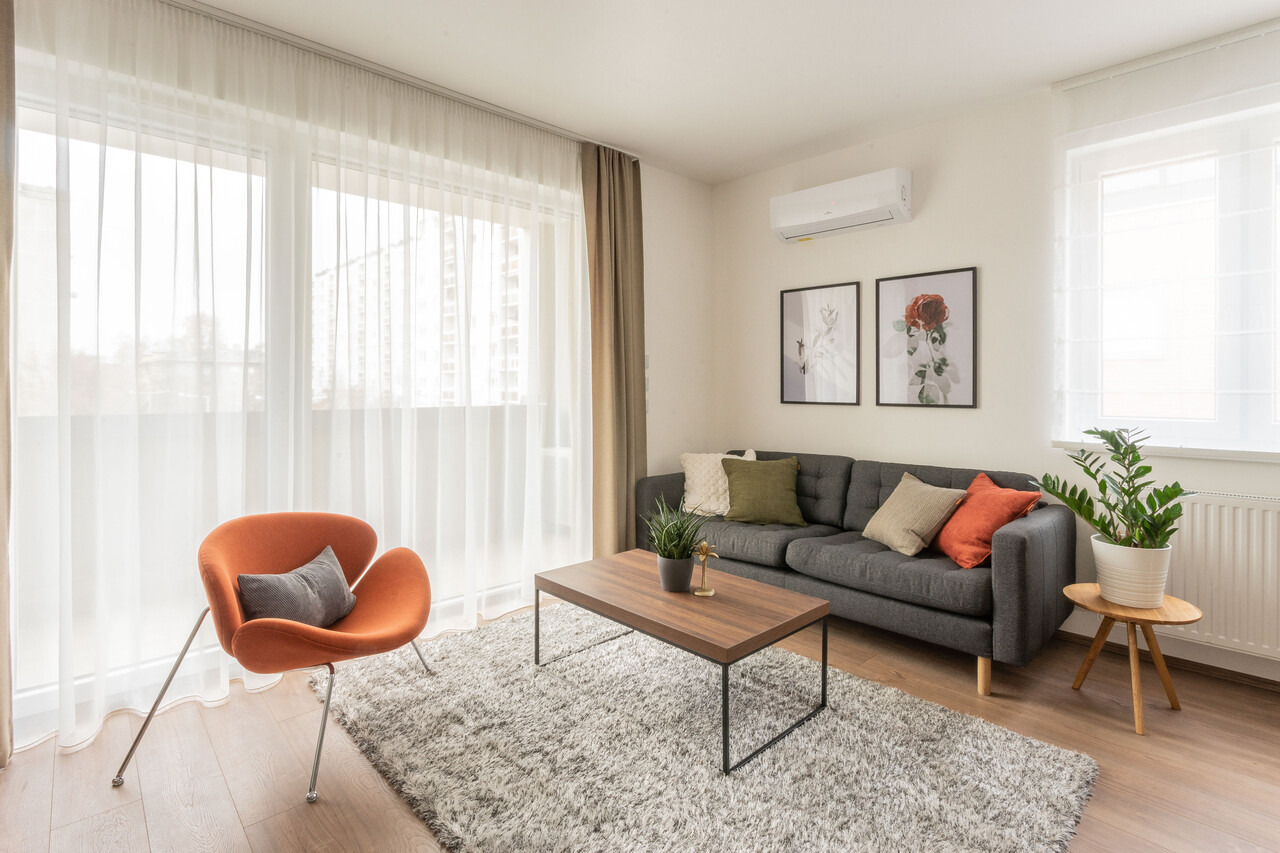Change language:
How would an Airbnb ban affect Budapest’s rental market?

Budapest’s rental market could undergo significant changes if Terézváros votes to ban short-term rentals such as Airbnb. An analysis by ingatlan.com suggests that such a ban might increase the supply of housing and lower prices in the district, where rates are currently higher than the city average.
Will Airbnb be banned in Budapest?
We have previously reported HERE that tourism experts are discussing potential changes to Airbnb regulations in Hungary, which could affect up to 16,000 properties in Budapest and 35,000 across the country, bringing significant changes to Budapest’s rental market. The proposed regulations might restrict Airbnb operations to 150-180 days per year, similar to policies already in place in other European countries. In Budapest’s Terézváros district, residents will vote in September 2024 on a potential ban on Airbnb—a decision that could have a serious impact on local accommodation providers.
These providers have launched the “Let Terézváros Live!” campaign, arguing that such a ban would damage tourism and lead to long-term problems, pointing out that international examples show no clear link between the presence of Airbnbs and rising rental prices. They warn that restricting private accommodations could drive tourists away from Budapest if suitable alternatives are not available.

Budapest’s rental market could face serious changes
As Telex writes, Budapest’s rental market and property sales could face significant changes if the Terézváros referendum results in a ban on Airbnb, according to an analysis by ingatlan.com. Such a ban could increase housing supply, potentially driving down property prices and rental costs in the medium term.
However, according to the opponents of the Airbnb ban, this assumption is not borne out by the examples of global cities, as nowhere has housing or apartments become cheaper, writes Helló Magyar.
Currently, properties in Terézváros are more expensive than the city average, partly due to the influence of Airbnb. The district’s average price per square metre is HUF 1.26 million (EUR 3,204), compared to the Budapest average of HUF 1.03 million (EUR 2,619). Meanwhile, rental prices in the district stand at HUF 275,000 (EUR 699), which is 10% higher than the city’s average of HUF 250,000 (EUR 636).
According to the latest census, 32% of properties in Budapest’s 6th district, Terézváros, are unoccupied, with around 2,700 used as short-term rentals such as Airbnb. This has contributed to higher rent and property prices in the area. If even half of these short-term rentals were converted to the long-term rental market, the supply in Terézváros would double, potentially lowering local rental prices in the short term. László Balogh of ingatlan.com suggests that if an Airbnb ban is implemented, property values in the district may stagnate, causing a ripple effect that could slow price increases across Budapest’s rental market and even affect other cities.

When will Airbnb’s fate be decided?
On 2 September, a referendum began in Terézváros, allowing residents to vote on whether to ban short-term rentals, such as Airbnbs, in the district. Locals have two weeks to cast their votes, either online or in person. Terézváros Mayor Tamás Soproni has emphasised the significance of this vote, stating that, unlike previous consultations, the outcome will be decisive, with the majority decision of residents being implemented. This decision could also determine the future direction of Budapest’s rental market.
Read also:
- Upcoming vote could jeopardise Airbnb’s future in Budapest
- Airbnb association takes up the fight against possible ban in Budapest
Featured image: depositphotos.com








Nice article, congrats, good summary.
But there’s a serious bug in the title.
Rather than “the Airbnb ban” (which in English presumes it is existant and decided), it should phrase “an Airbnb ban” (leaving the possibility of a ban open). Might be just a HU/EN translation issue, but it does matter very much!
Hoping you’ll correct that because it wrongly transports the idea of a ban being certain already, which it isn’t.
Dear BB,
Thanks for your comment, we have corrected the title for more clarity.
Thanks for reading us!
Bravo, dear Fanni, and respect for taking my comment into consideration, which reflects your open-minded and professional attitude. Looking forward to your unbiased and balanced follow-ups on the topic, bringing honest light to both sides of the story.